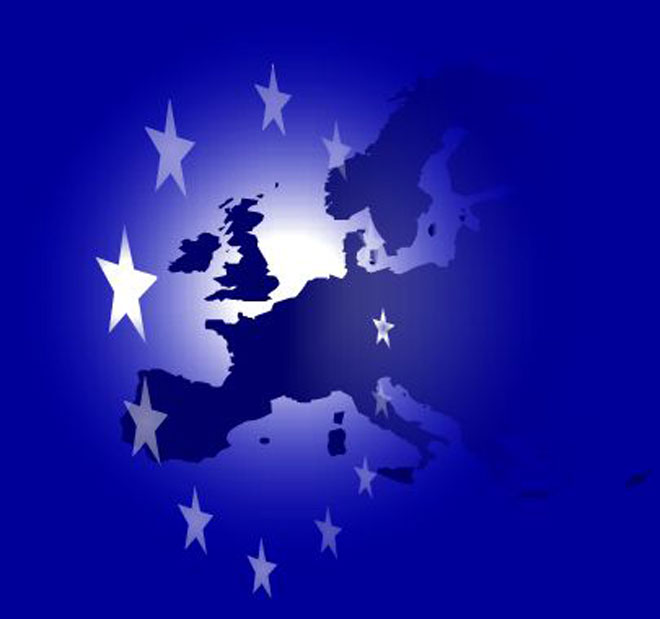Goods made by Israeli companies based in illegal settlements in the West Bank do not qualify for duty-free import into the European Union, the EU's highest court ruled Thursday.
The EU has signed a deal with Israel which allows its industrial products to be imported to Europe without customs duties. Thursday's ruling makes clear that only goods made within Israel's pre-1967 borders qualify for that treatment, DPA reported.
"Products originating in the West Bank do not fall within the territorial scope of the (EU)-Israel agreement and do not therefore qualify for preferential treatment under that agreement," the European Court of Justice said in a statement.
The EU has signed a similar deal with the Palestinian Authority giving duty-free access to goods from the West Bank and Gaza Strip.
"The (EU)-Israel agreement applies to the territory of the state of Israel, whereas the (EU-Palestine) agreement applies to the territory of the West Bank and the Gaza Strip," the court stressed.
The EU does not recognize Israel's occupation of the West Bank as legal under international law, and therefore sees the Palestinian Authority as the only body entitled to certify for export goods produced in the West Bank.
That being the case, "goods certified by the Israeli authorities as originating in Israel can receive preferential treatment only under the (EU)-Israel agreement, and provided that they have been manufactured in Israel," the court argued.
The court case came after German drinks manufacturer Brita applied to import into Germany goods made by Israeli firm Soda Club, based in the West Bank settlement of Mishor Adumin, under the duty-free rule.
The German authorities asked their Israeli counterparts to confirm that the goods had not been made in the occupied territories, but received no reply. Germany therefore refused to grant the customs break, a decision Brita challenged in court.
No toll breaks for goods from Israeli settlements, EU court rules
Goods made by Israeli companies based in illegal settlements in the West Bank do not qualify for duty-free import into the European Union, the EU's highest court ruled Thursday.






